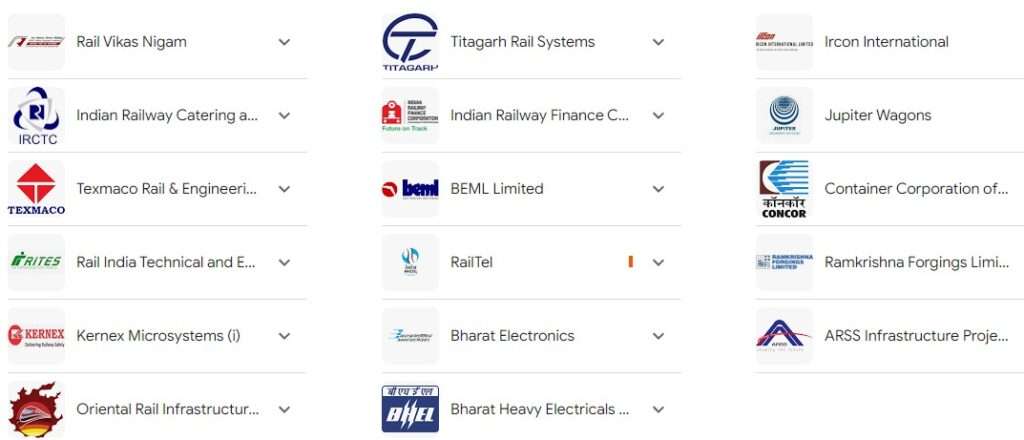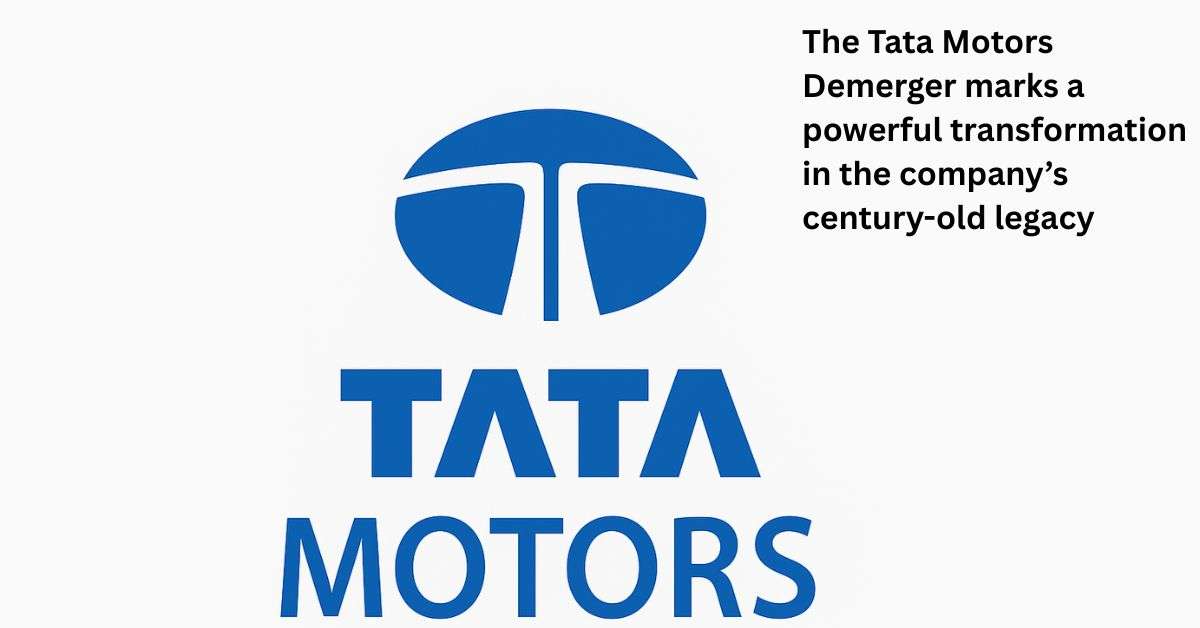Introduction
India is on the fast track to infrastructure modernization, with the Union Cabinet recently approving several significant projects that aim to transform urban mobility and enhance air connectivity. Chaired by Prime Minister Narendra Modi, these decisions underline the government’s commitment to improving transportation networks across the country, providing a much-needed boost to the economy while enhancing the quality of life for millions.

Expansion of Metro Rail Projects
Metro rail systems have become the lifeblood of urban transportation in India’s rapidly growing cities. Recognizing the critical role they play in easing congestion and reducing pollution, the Cabinet has approved expansions in three major cities: Bengaluru, Pune, and Thane. These projects are expected to not only improve public transport but also stimulate economic growth by creating jobs and supporting local businesses.
Bengaluru Metro Rail Project Phase 3
The Bengaluru Metro is set to undergo a significant expansion with the approval of Phase 3, which includes two new elevated corridors. This project will extend the city’s metro network by 44.65 kilometers, adding 31 stations to the existing system.
Corridor 1: J.P. Nagar to Kempapura
Corridor 1 will run 32.15 km along Outer Ring Road West, linking Kempapura and J.P. Nagar 4th Phase. With 22 new stations, this corridor is poised to become a vital link for commuters in the city, providing a faster and more efficient alternative to the congested roads.
Corridor 2: Hosahalli to Kadabagere
Nine more stations will be added along the 12.5 km second corridor, which would follow Magadi Road from Hosahalli to Kadabagere. This extension will further integrate the western parts of Bengaluru into the metro network, offering residents improved access to the city’s commercial and residential hubs.
Pune Metro Phase-I Project Extension
In Pune, the Cabinet has approved the extension of the existing PCMC-Swargate metro line, known as the Line-1 B extension. This 5.46-kilometer subterranean route, which will connect important locations including Market Yard, Bibwewadi, Balaji Nagar, and the Katraj suburbs, will have three new stops.
Key Areas Connected by the Extension
The new stations will provide much-needed connectivity to some of Pune’s most densely populated and economically significant areas. This extension is expected to ease traffic in these regions, reducing travel times and improving access to commercial centers.
Cost and Funding of the Project
The metro rail projects, with an estimated cost of ₹2,954.53 crore, will be jointly funded by the central and state governments, alongside contributions from bilateral agencies. It is expected to be completed by February 2029, offering a long-term solution to Pune’s growing transportation needs.
Thane Integral Ring Metro Rail Project
Thane, a bustling city in Maharashtra, will also see a major metro project with the approval of the Thane Integral Ring Metro Rail project. This 29-kilometer corridor will run along the periphery of the city, connecting 22 stations.
Strategic Importance for Thane City
The Thane metro project is strategically designed to address the city’s rapid urbanization. By creating a ring around the city, this metro line will help distribute commuter traffic more evenly, reducing congestion in the city center and providing efficient connectivity to suburban areas.
Financial Aspects and Funding Sources
The Thane metro rail project is expected to cost ₹12,200.10 crore, with finance provided by bilateral agencies in addition to an equal share from the governments of Maharashtra and India. This project is a testament to the government’s focus on creating sustainable and efficient urban transport solutions.
Impact of Metro Rail Projects on Urban Development
The expansion of metro rail projects in Bengaluru, Pune, and Thane is expected to have a profound impact on urban development. These Metro Rail Project will enhance public transport accessibility, reduce traffic congestion, and contribute to the overall economic growth of these cities. Additionally, the development of metro infrastructure often leads to increased property values and new business opportunities in the surrounding areas.
Development of Civil Aviation Enclave Near Patna
The Cabinet has also greenlit the development of a new civil aviation enclave near Patna, reflecting the growing demand for air travel in the region. This project is strategically important, as it will enhance air connectivity for Bihar, a state with significant economic and cultural influence in eastern India.
Strategic Importance for the Region
The new civil aviation enclave is expected to relieve congestion at the existing Patna airport, which has been struggling to keep up with the increasing passenger traffic. By providing additional capacity, this project will support the region’s economic development and make air travel more accessible to the population.
Cost and Funding Details
With an estimated cost of ₹1,413 crore, the Patna civil aviation enclave will be developed by the Airports Authority of India (AAI). The project will be funded through a combination of central government funds and contributions from AAI, ensuring that the necessary resources are available to complete the project on time.
Expansion of Bagdogra Airport
Bagdogra Airport, located in Siliguri, West Bengal, is another key project approved by the Cabinet. The expansion of this airport is crucial for improving air connectivity in the northeastern region of India.
Importance of Bagdogra Airport in West Bengal
Bagdogra serves as a gateway to the northeastern states and the eastern Himalayas, making it a critical hub for both tourism and commerce. The expansion will allow the airport to handle more flights and passengers, reducing congestion and improving the overall travel experience.
Details of the Expansion Project
The expansion Projects, estimated at ₹1,549 crore, will include the construction of new terminal buildings, additional runways, and other infrastructure improvements. This will enable Bagdogra to accommodate more traffic and provide better services to travelers.
Government’s Vision for Infrastructure Growth
The recent approvals for Metro Rail Project expansions and airport developments align with the Indian government’s broader vision for infrastructure growth. These projects are part of a larger strategy to modernize the country’s transportation networks, making them more efficient, accessible, and sustainable.
Challenges and Considerations
While the benefits of these projects are clear, there are also challenges to consider. Ensuring timely funding, managing the environmental impact, and navigating the complexities of urban planning are all critical factors that will need careful attention. Additionally, the implementation of such large-scale Metro Rail Project requires effective coordination between various stakeholders, including government agencies, private partners, and local communities.
Public and Private Sector Collaboration
The success of these infrastructure Metro Rail Project will largely depend on collaboration between the public and private sectors. Public-private partnerships (PPPs) have already proven effective in previous infrastructure developments, and their continued use will be vital in ensuring the timely and efficient completion of these new projects.
Expected Outcomes and Benefits
Once completed, these Metro Rail Project and airport projects are expected to deliver numerous benefits. Improved urban mobility, enhanced regional connectivity, and economic growth are just a few of the positive outcomes anticipated. These developments will also contribute to making Indian cities more livable, reducing the environmental impact of transportation, and supporting sustainable development goals.
Focus Stocks In Indian Stock Market

Conclusion
The Cabinet’s recent approval of Metro Rail Project expansions and airport infrastructure projects marks a significant step forward in India’s infrastructure development journey. These projects, driven by a vision of modern, efficient, and sustainable transportation networks, will play a crucial role in the country’s economic growth and improve the quality of life for millions of citizens.
FAQs
1. What is the significance of the metro rail expansions?
The metro rail expansions are crucial for improving urban mobility, reducing traffic congestion, and supporting economic growth in rapidly developing cities like Bengaluru, Pune, and Thane.
2. How will the new civil aviation enclaves benefit the regions?
The new civil aviation enclaves in Patna and Bagdogra will enhance air connectivity, relieve congestion at existing airports, and support regional economic development.
3. What are the expected challenges in these projects?
Key challenges include securing timely funding, managing environmental impacts, and coordinating effectively between various stakeholders during implementation.
4. How do these projects align with India’s infrastructure goals?
These projects are part of a broader strategy to modernize India’s transportation infrastructure, making it more efficient, accessible, and sustainable, in line with the government’s vision for infrastructure growth.
5. What role does public-private collaboration play in these developments?
Public-private collaboration is essential for the successful implementation of these projects, ensuring that they are completed on time, within budget, and with the desired quality and impact.
Open Your Demat Account with Discount Brokers:
ZERODHA 1) : https://zerodha.com/open-account?c=EJ4366
Angelone 2) : https://tinyurl.com/2gloc3g6 or
Upstox3): https://link.upstox.com/9w4tNo1rK8au7VK47











Mygreat learning I like the efforts you have put in this, regards for all the great content.
Hey, I’m Jack. Your blog is a game-changer! The content is insightful, well-researched, and always relevant. Great job!